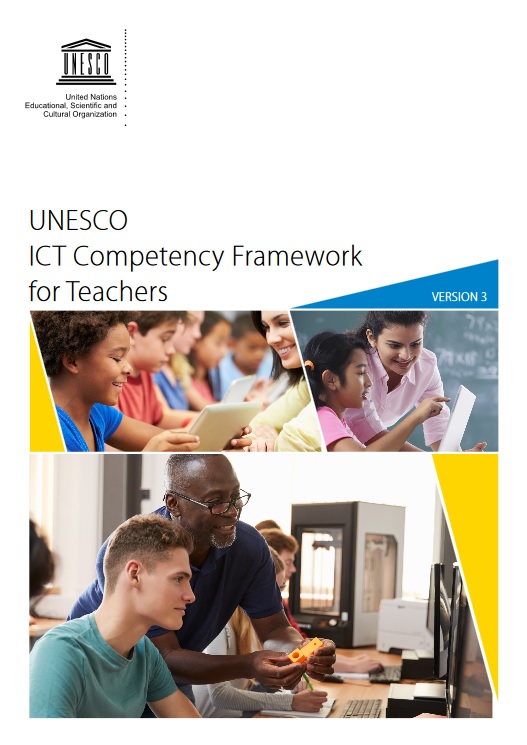
The UNESCO-UNEVOC International Centre: Who We Are | What We Do | Working With Us | Get in Touch
The UNEVOC Network: Learn About the Network | UNEVOC Network Directory
For Members: UNEVOC Centre Dashboard
Thematic Areas: Inclusion and Youth | Digital Transformation | Private Sector Engagement | SDGs and Greening TVET
Our Key Programmes & Projects: BILT: Bridging Innovation and Learning in TVET | Building TVET resilience | TVET Leadership Programme | WYSD: World Youth Skills Day
Past Activities: COVID-19 response | i-hubs project | TVET Global Forums | Virtual Conferences | YEM Knowledge Portal
Our Services & Resources: Publications | TVET Forum | TVET Country Profiles | TVETipedia Glossary | Innovative and Promising Practices | Toolkits for TVET Providers | Entrepreneurial Learning Guide
Events: Major TVET Events | UNEVOC Network News

| Author/s: | Neil Butcher (publication editor) |
| Publisher/s: | UNESCO |
| Published: | 2018 in Paris, France |
| Licence: | CC BY-SA |
| ISBN: | 978-92-3-100285-4 |
The ICT Competency Framework for Teachers (ICT CFT) Version 3 is a tool to guide pre- and in- service teacher training on the use of ICTs across the education system. It is intended to be adapted and contextualized to support national and institutional goals. Its target audience is teacher-training personnel, educational experts, policy-makers, teacher support personnel and other professional development providers. Implementing the ICT CFT will require strong leadership from government, from those responsible for teacher education and professional development of in-service teachers, and also from head teachers and school principals.
The ICT CFT Version 3 responds to the 2030 Agenda for Sustainable Development, adopted by the UN General Assembly, which underscores a prevalent global shift towards the building of inclusive Knowledge Societies. It addresses recent technological and pedagogical developments in the field of ICT and Education and incorporates inclusive principles of non- discrimination, open and equitable information accessibility and gender equality in the delivery of education supported by technology.